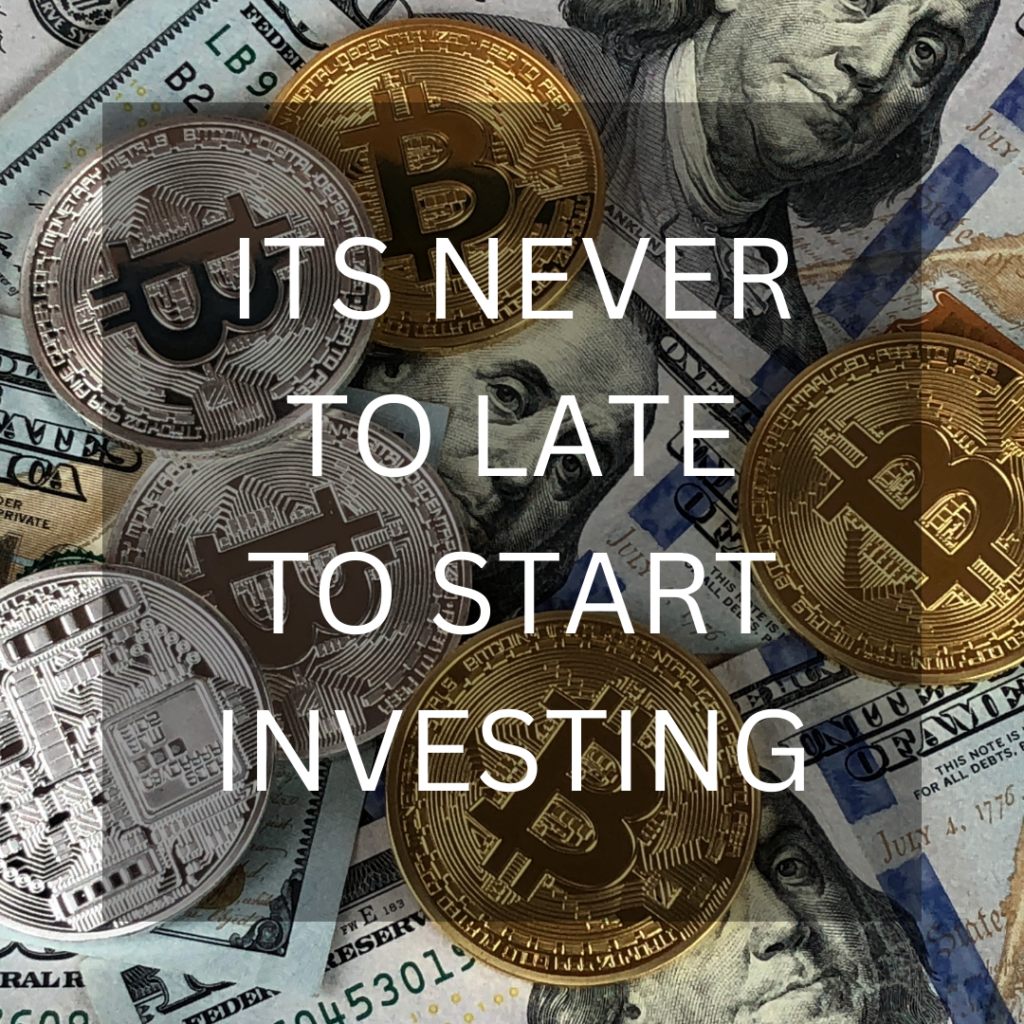4 Strategies to Profit from Stocks
The key to investing profitably in stocks? committing throughout the long term, in both good and terrible times. This is the way you do things.
How do I profit from stocks?
There are some things to be aware of if you want to profit from stocks. This is the way to get going.
1. Select a financial account
To purchase stocks, you will require an investment account. Like a bank account, an investing account allows you to deposit money and use it to purchase stocks. An investment account.
There are various kinds of investment accounts, and selecting the appropriate one for your investments could result in significant tax savings. You might even gain from having a variety of investing accounts. For instance, financial planners frequently advise clients to begin investing through a 401(k), an employer-sponsored investment account, particularly if the employer matches contributions. Then, they often say to start investing in either a Roth or traditional IRA for tax benefits, then a traditional brokerage account if you have money left over.
2. Check out index funds
Investing in individual stocks is not the only method to make money in stocks; there is a simpler way. Because index funds reflect a market index like the S&P 500 and consist of dozens or even hundreds of stocks, you don’t need to know much about the individual firms to do well. You can invest in many equities at once and avoid managing them one by one by using index funds. Using funds to invest can lower your risk: Your portfolio will likely be severely impacted if one of the three companies in which you have invested goes out of business. You will likely not be as affected if one of the 500 companies in which you have invested goes out of business.
Sure, investing in individual stocks can yield larger returns than in an index fund, but doing so will need you to spend a lot of time and effort researching the firms you want to buy, and there’s a greater chance that you’ll end up losing money.
3. Use the “Buy and hold” method to maintain your investment.
Financial gurus argue that staying in the stock market is the key to making money in stocks (keep in mind, if you’re investing in funds, you’re still investing in stocks). The best indicator of your overall performance is the length of time you have been in the market. The buy and hold approach is precisely that: you invest in equities that you think will increase in value over time and hang onto them for a number of years.
The average yearly return on the stock market is a cool 10%, which is higher than what bonds or bank accounts can offer. However, a lot of investors miss out on that 10% just because they don’t hold onto their investments long enough. They frequently enter and exit the stock market at the worst moments, forfeiting their annual returns. Gaining financial success with stocks takes time. Although there are increased dangers associated with day trading, some individuals do it in an attempt to make rapid money.
The majority of financial consultants will advise you to only invest funds that you want to keep for a minimum of five years. In this way, you will have enough time to profitably survive market ups and downs.
The longer you stay in the market, the greater the chance that your investments will increase in value. Over time, the most profitable stocks typically see a rise in profits, which is rewarded by investors through rising stock prices. For stock owners, that higher price means a return on investment.
4. Look at stocks that provide dividends.
If the company does pay dividends, having more time in the market also enables you to receive them. You may bid those dividends farewell if you’re trading in and out of the market on a daily, weekly, or monthly basis because it’s likely that you won’t possess the stock at the pivotal dates to realize the payouts. Even exchange-traded funds (ETFs) with large dividends are an option for investing.
justifications that prevent you from investing profitably
The only market where items are put up for sale and people get too scared to buy is the stock market. That may sound absurd, but when the market declines, even slightly, as it frequently does, that is precisely what occurs. Investors panic and sell because they are afraid. Nevertheless, investors jump in full force when prices rise. This is the ideal formula for “buying low and selling high.”
Investors need to be aware of the common self-deceptions they tell themselves in order to steer clear of these two extremes. The top three are as follows:

1. “I’ll hold off on investing in the stock market until it’s safe.”
Investors who are too scared to enter the market after stocks have dropped use this justification. Perhaps there has been a prolonged decrease in equities, or perhaps they have been declining for a few days in a row. However, when investors say they’re waiting for safety, what they really mean to imply is that they’re waiting for prices to rise. Therefore, waiting for (the perception of) safety is only a means to wind up paying more; in fact, investors frequently end up paying for a perception of safety.
The underlying feeling behind this activity is fear, while psychologists refer to this more focused behavior as “loss aversion.” In other words, investors will stop at nothing to prevent a short-term loss rather than realize a longer-term gain. Hence, you’ll probably do whatever to ease your anguish when you lose money. Thus, even when prices are low, you sell stocks or avoid purchasing them.
2. “I’ll repurchase next week when the price is lower.”
Prospective purchasers use this justification to bide their time till the stock drops. However, investors are never certain of the direction that stocks will go on any given day, particularly in the near term. Next week, a stock or market could climb as easily as plummet. Many seasoned investors hold their stocks over time after purchasing them at a discount.
What motivates this conduct? It might be avarice or fear. While the greedy investor expects a collapse but wants to try to get a far better price than today’s, the scared investor might wait, worrying that the stock will fall before next week.
3. “I’m selling this stock because I’m tired of it.”
Investors who require excitement from their investments—akin to action in a casino—use this justification. However, intelligent investment need not be dull. The most successful investors allow their stock gains to compound over several years by holding onto them. Typically, investing is not a game of instant hits. Not while you are coming in and going out of the market, but rather while you wait, are all the benefits.
The need for excitement among investors is what motivates this conduct. The mistaken belief that successful investors trade every day in order to make significant gains may be the source of that desire. While some traders are able to accomplish this with success, even they are ruthlessly and logically outcome-focused.
Found this article interesting? Follow BG on Facebook, Twitter and Instagram to read more exclusive content we post.

